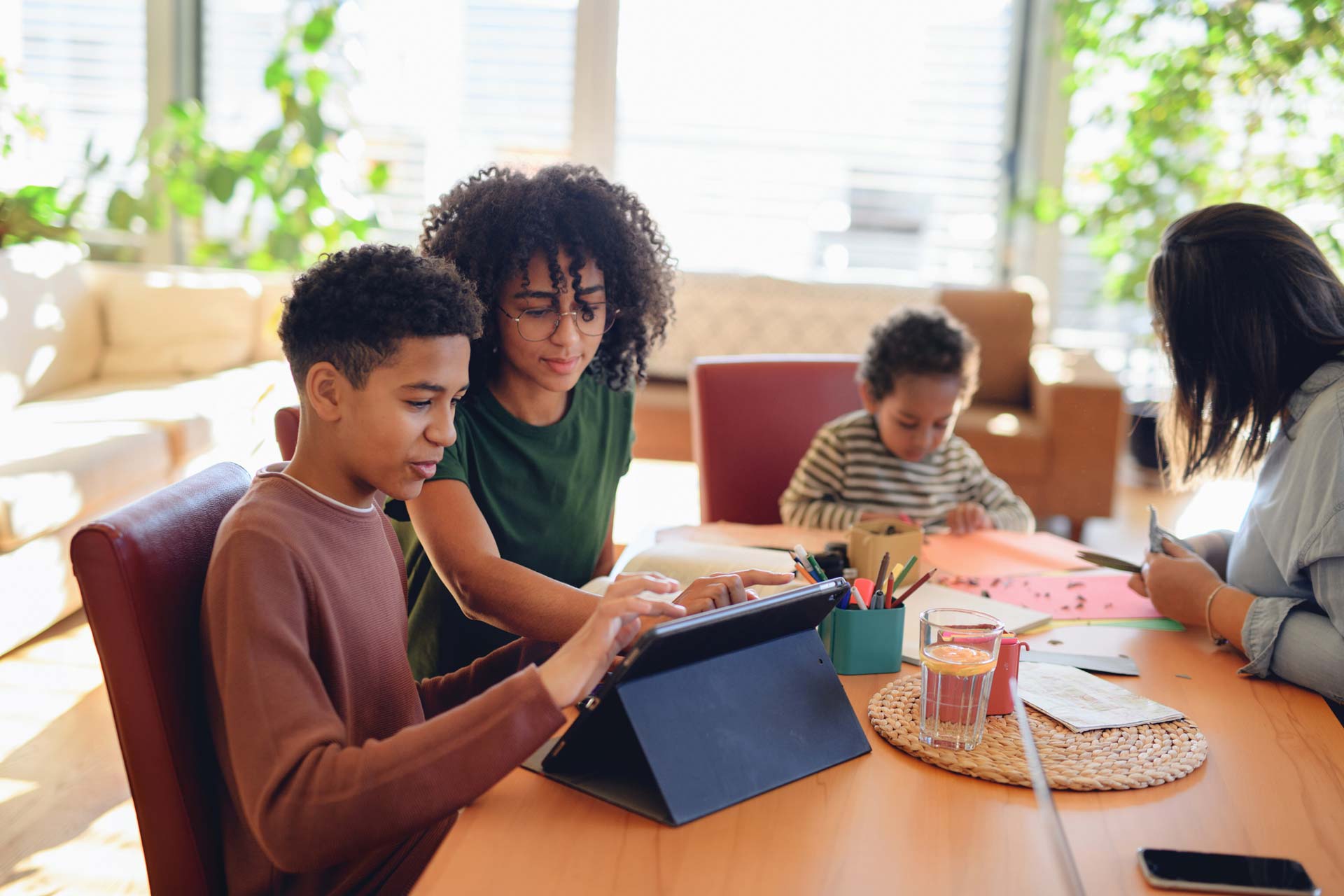FAQs About Daycare and Early Language Development
- By Admin
- •
- 15 Sep, 2021
- •
How can the early education environment help your child to develop new language skills? If your child is in daycare or getting ready to start their first pre-K class, take a look at what you need to know about early learning programs, language development, and the toddler and preschooler age groups.
What Is Language Development and What Should You Expect?
Like other areas of development, language is a skill your child will build as they grow. According to the National Institute on Deafness and Other Communication Disorders, the most intensive period to acquire speech and language happens in a child's first three years of life.
Well before your child is ready to speak words, they will start communicating. Even though the word language is often used interchangeably with the word speech, language does not only include the spoken word. Language development refers to speech, non-verbal communication, and listening and comprehension.
Infants cry, string together sounds, coo, and may even try to imitate sounds or words that older children and adults speak. By 18 months, children may have the language skills to speak 10 words and follow simple directions, according to the Mayo Clinic. At 24 months, your child may use simple phrases or ask two-word questions.
Preschooler language development includes complex skill-building. A three- or four-year-old can use most speech sounds, identify objects, express some ideas or feelings, answer questions, and repeat questions.
As your child nears or reaches age five, they may have the language skills to understand complex questions, pronounce long words correctly, describe items they see, answer why questions, understand rhyming, or create eight-word (or longer) sentences.
How Do Children Build Language Skills?
Child language development happens in a sequence of milestones. This means your child will build skills in a series of progressively more complex steps. While there are generally accepted milestones or markers (such as the first word or talking in multi-word sentences), these may vary somewhat between children.
Children build these sequential skills in a variety of ways. Interactions with other people provide a meaningful way for toddlers and preschoolers to develop speech and communication abilities. Not only will they learn how to talk, but they can also develop the ability to listen and comprehend through child-to-child or adult-to-child interactions.
The more opportunities your child has to talk, listen, and use language in other ways (such as non-verbal gestures), the more skills they can build. These opportunities include everything from the time you spend speaking with your child at home to formal lessons at school.
How Can Daycare Help Your Child to Develop Language Skills?
Along with interactions and activities at home, your child can also develop new language skills (i.e., speech, listening) during their daycare days. Again, all language-based exchanges provide young children with the chance to build these abilities. The quick conversations your child has with the other students, longer talks with a teacher, and activity-based question and answer times can all help your child's language development.
Along with informal language-building exchanges, specially designed activities can also help your child to improve these skills. These may include story time, dramatic play, sing-alongs, fingerplays, and discussions related to classroom lessons and content areas (such as painting, drawing, or science experiments).
To learn more about the language-building activities in your child's current or future daycare classroom, talk to the teacher. The early childhood educator can provide you with details on specific activities and help you to understand how they relate to your child's language development. Your child's new teacher may also give you a few tips or ideas to use at home.
Is your child ready to start daycare or pre-K? Contact Riviera Daycare & Preschool for more information.






